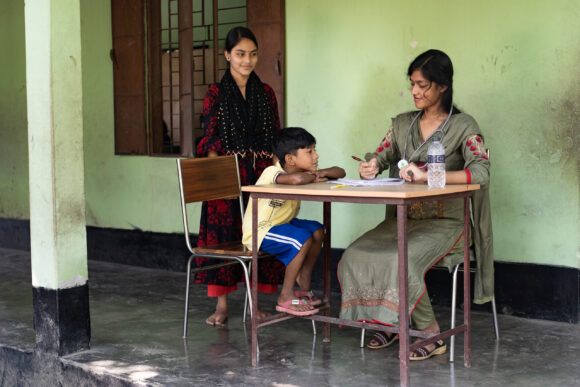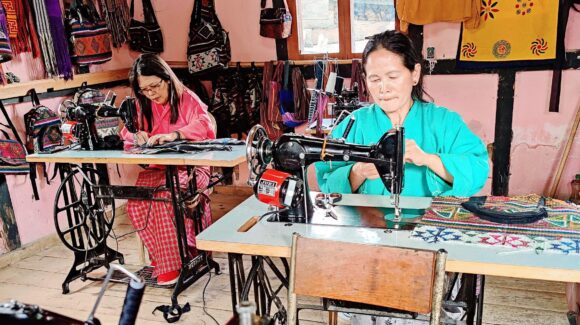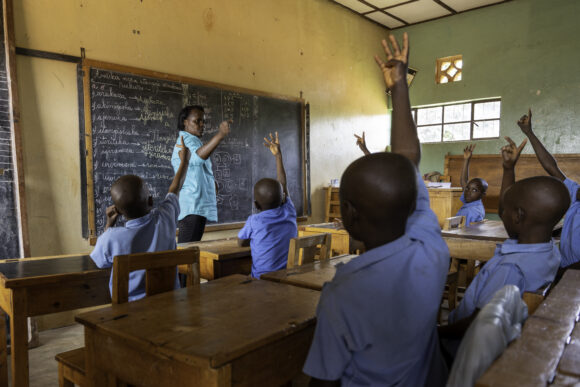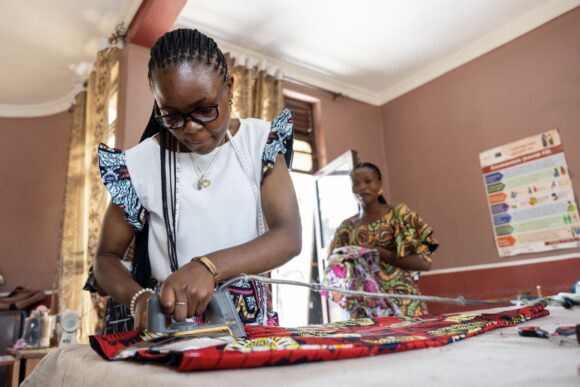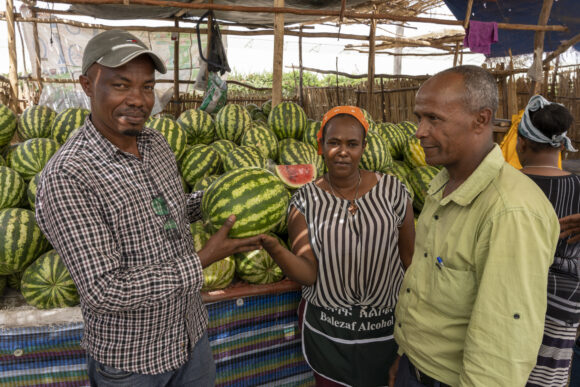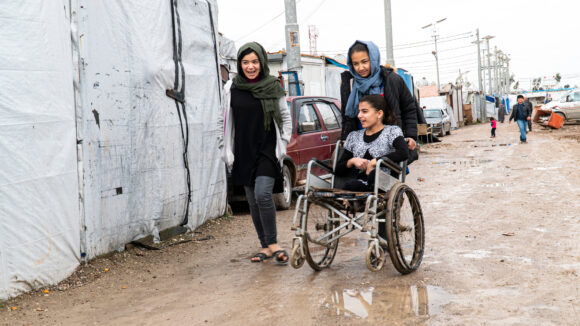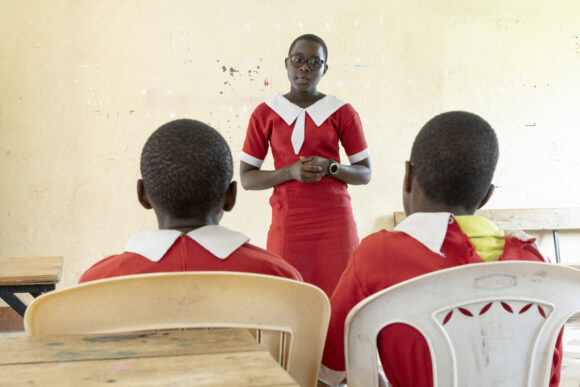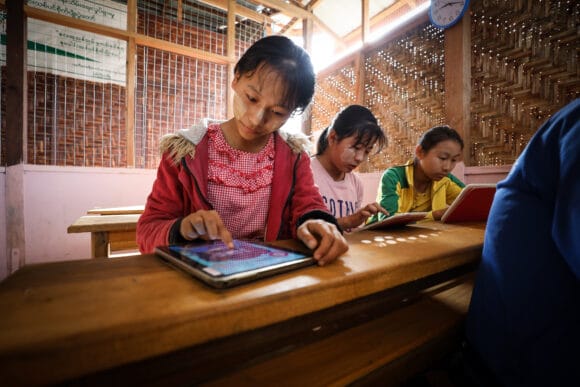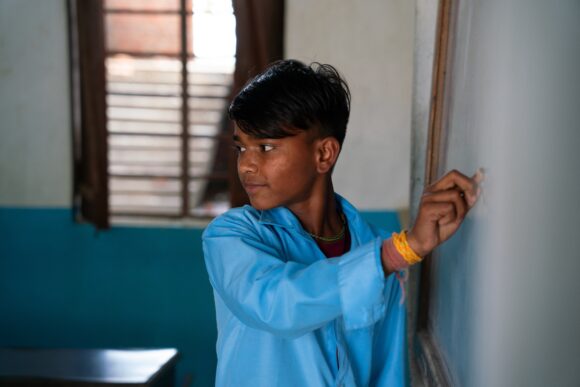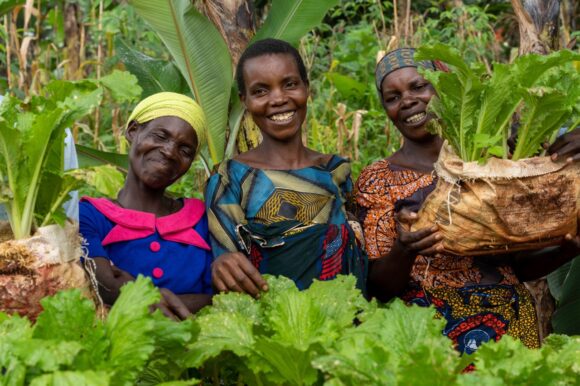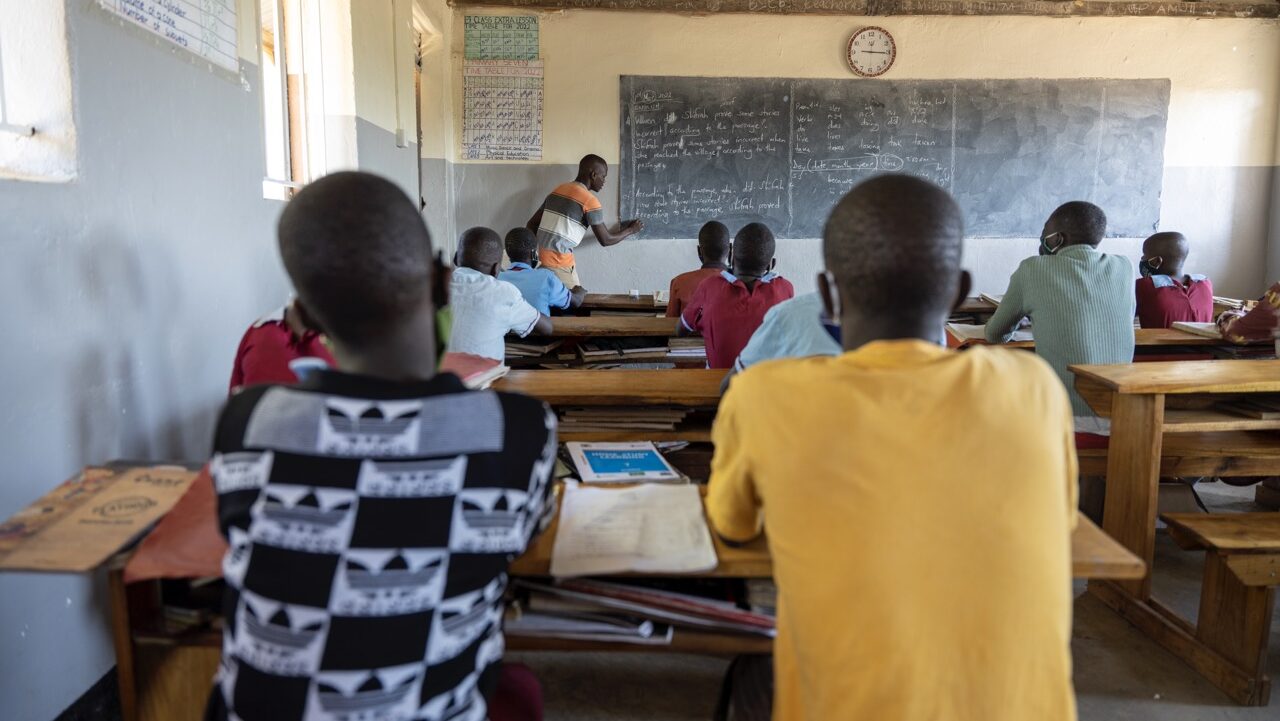
In Uganda, Fida aims to improve opportunities for children and young people to attend school and lead a safe life. The implementation of the rights of women and people with disabilities is also supported. Fida’s partner is local church, Pentecostal Churches of Uganda (PCU).
Uganda is one of the least developed countries in the world. A fifth of the population live in poverty, and over half are illiterate. Although poverty has decreased, many children still do not have access to education, and are instead forced into child marriage or working life. Girls are in a particularly vulnerable position in Nepalese society, as up to one in three girls enter into child marriage. Gender-based violence is also a widespread issue.
Information on Children’s Rights, and Support for Livelihoods
Training and campaigns are organised to increase awareness of children’s rights in communities. Teachers receive training in child-centred teaching methods and guidance counselling. Schools are supported in the implementation of inclusive educational material. Children’s parliaments and clubs have been set up to teach children about their rights. Further, mentoring activities are organised for young people.
The wellbeing of children and families is strengthened through psychosocial support. Savings and loan groups have been set up in villages to support families’ livelihood opportunities. Further, entrepreneurship training and adult literacy programs are offered in communities.
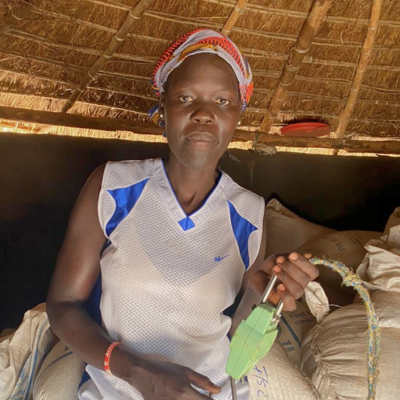

With help from the savings and loan group, I was able to establish my own small business. With increased income, I am better able to care for my two children.
Rita, agricultural entrepreneur and mother, Bidi Bidi refugee camp.
Education on Sustainable Development
Communities are trained in sustainable development skills, particularly in the implementation of environmentally friendly farming methods. Additionally, information on sexual and reproductive health and rights is shared to help communities address challenging issues, such as teenage pregnancy and child marriage.
Get to know our work
